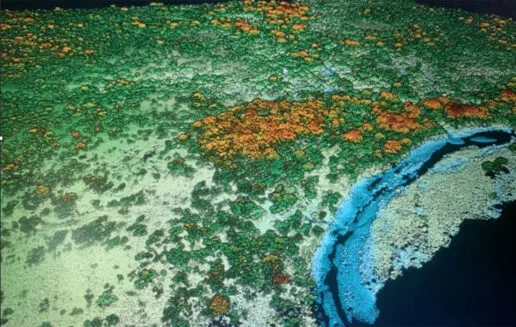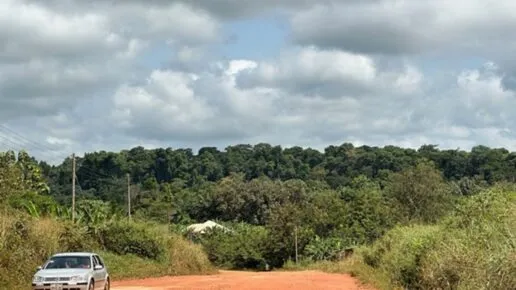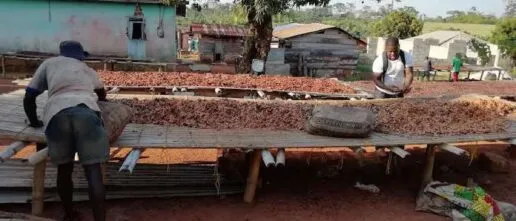We are working on West Africa tropical forests to understand how a changing climate is modifying the structure, morphology and chemistry of tropical forests. Our focus up to now is Ghana where we, together with our local collaborators, work in vegetation plots located across a latitudinal and climatic gradients from the wet tropical forest to the savannas bordering Burkina Faso.
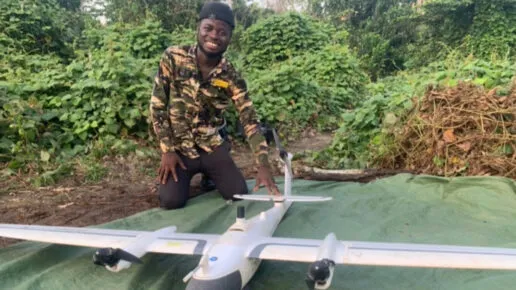
In each vegetation plots we are collecting information about the identity and abundance of trees and their size. Moreover we are collecting information about their functional traits such as leaf size and area, thickness, wood density and photosynthetic capacity, chemistry and hydraulic traits information. On top of this, we are mapping the landscape where each plot is located using UAVs (unmanned aerial vehicles) with spectral and LiDAR (light detection and ranging) sensors that deliver extremely high accuracy information on the reflectance signatures of the tree individuals and their structure.
We are collaborating with other organisations such as Planet Labs to Improve satellite technology and its products based on our ecological analysis and outputs. The Scale/Remote Sensing package within the Leverhulme Centre for Nature Recovery (LCNR) is tightly linked to all other themes where we are working into scaling up, across space and time, the ecological, social and economic findings.
Specially within the ‘Ecology’ theme we are working together to understand how the diversity of plant species reflects the species and their functional traits across gradients of human modification in tropical forests.
Within the ‘Social’ theme we are working together to understand the role that the social context in cocoa farms in West plays for determining the status of forest ecosystems that are immersed in agricultural matrices.
Related Research Themes

Scale and Technology
Tracking and evaluating nature recovery at both fine resolution and large spatial scales utilising state-of-the-art remote sensing, big data, and deep machine learning techniques.
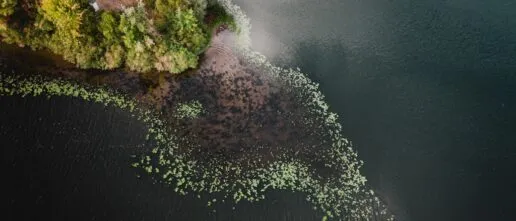
Ecology
Testing the effectiveness of different ecological approaches for nature recovery to support biodiversity and the delivery of ecosystem services such as climate change mitigation and adaptation.
Related Outputs
Contrasting carbon cycle along tropical forest aridity gradients in West Africa and Amazonia.
Tropical forests cover large areas of equatorial Africa and play a substantial role in the global carbon cycle. However, there has been a lack of biometric measurements to understand the forests’ gross and net primary productivity (GPP, NPP) and their allocation. Here we present a detailed field assessment of the carbon budget of multiple forest […]
Valuing the functionality of tropical ecosystems beyond carbon
Land-based carbon sequestration projects, such as tree planting, are a prominent strategy to offset carbon emissions. However, we risk reducing natural ecosystems to one metric – carbon. Emphasis on restoring ecosystems to balance ecosystem services, biodiversity conservation, and carbon sequestration is a more appropriate strategy to protect their functioning.
